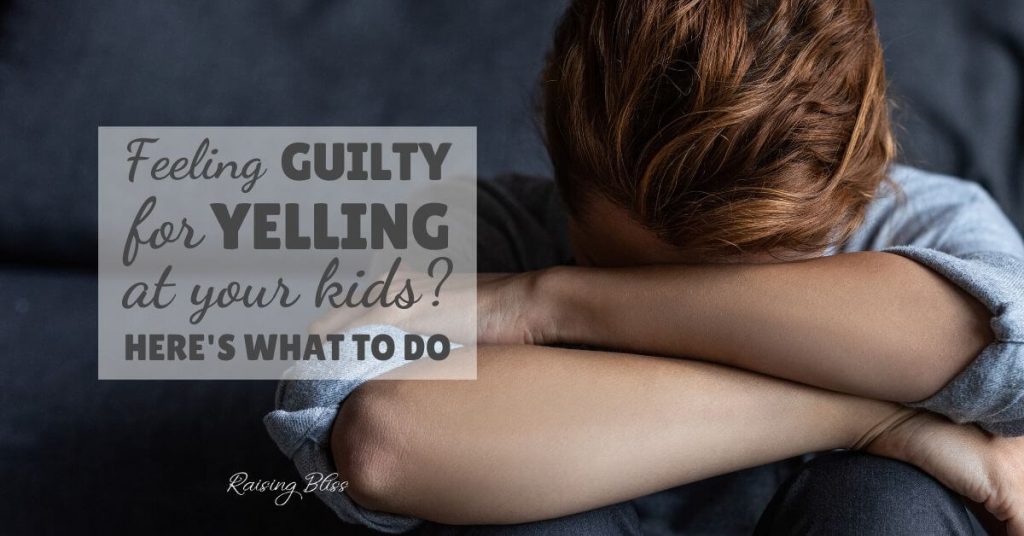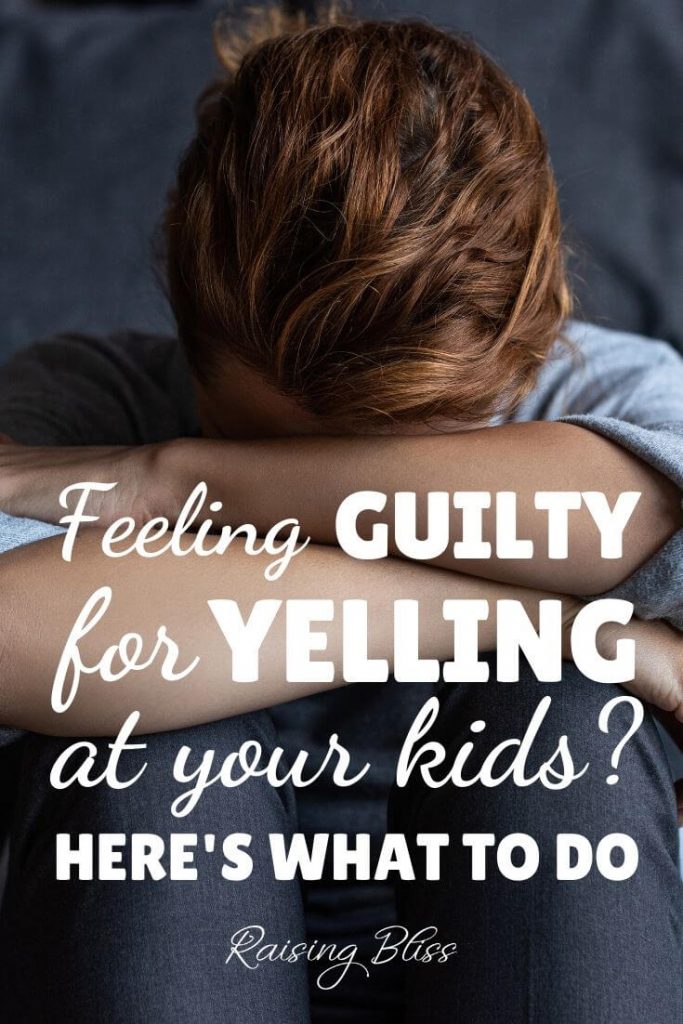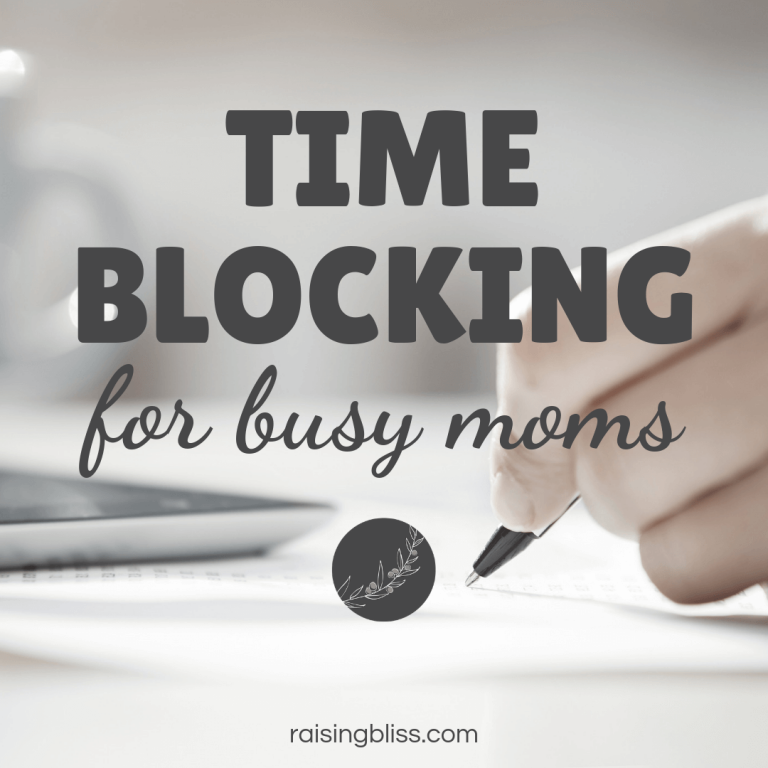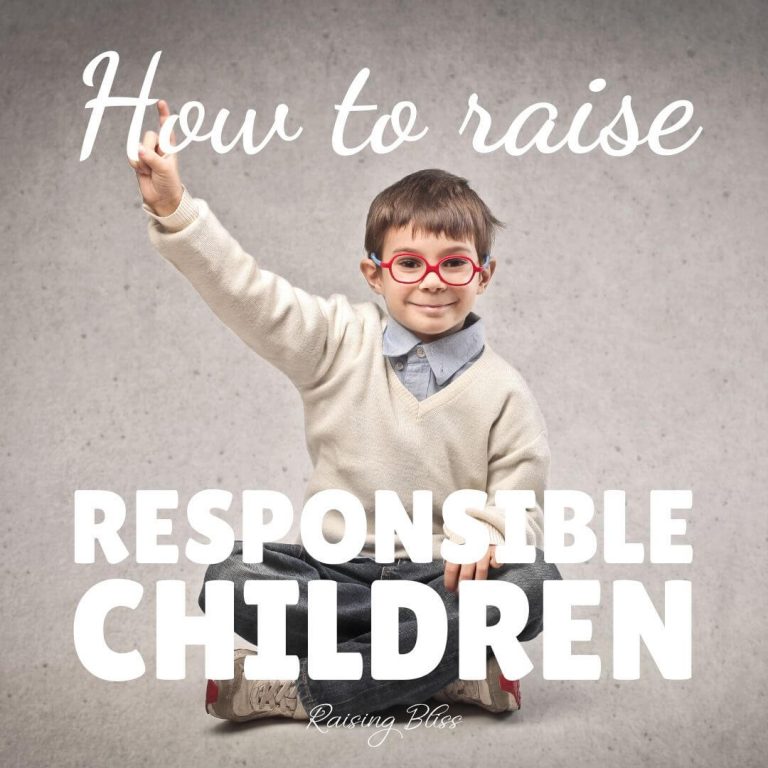How to Make Things Right (After Yelling at Your Child)
Inside: 8 important steps to take after yelling at your child to make things right again.
You’ve done it and you’re not proud of yourself. As much as you tried not to yell at your child, you did. And now you feel guilty. You feel upset with him for getting you to this point, and you feel upset with yourself for letting him.
Now what?
I’m feeling guilty for yelling at my child. What do I do?
Maybe you want to go and hide under your covers for the rest of the day, and maybe you want to turn back time and take back what you said to your son. Maybe you feel frustrated, or maybe it’s guilt you feel. Either way, this doesn’t feel good, and you know that after you’ve yelled you have to make it right.
Before you do or say anything, remember this. You may have made a mistake, but you’re not a terrible mother. Your kids still love you.
So here are the steps to take to clear the air between you and your child and make everyone involved feel better.
1. Calm Down
Calm yourself before doing or saying anything. If you try talking to your child now, you both may get even more upset. If you can, go to your room for a few minutes and lock the door. Then breathe deeply and slowly.
If your child is very upset after you’ve yelled, calm down together. Console him while you’re calming yourself. Hug him and stroke his back while you take a few deep breaths. Here are some tips on helping your child to calm down.
Consider taking a walk outside. It’s a great remedy for feeling upset. The fresh air will do you both some good.
2. Reconnect with your child
After you’re both calm, offer to reconnect with your child. Ask him if you can talk. If he’s not ready, don’t force it. Ask him to let you know when he is. Give him some time and check in with him after a short while.
3. Apologize
“I’m sorry” is one of the hardest phrases to say, especially to your children. But it’s crucial in raising our kids. Not only does it validate the child’s feelings by emphasizing that he is worthy of an apology, but it is also a great modeling practice.
Tell him that everyone makes mistakes, including mommy. If you’ve given out unreasonable consequences in your anger, discuss them. Tell your child that what you said was unreasonable. Come up with another solution.
4. Talk about how you both feel
Ask him how he feels. Prompt him with questions. Don’t interrupt as he talks and really listen to what he is saying.
Then, tell him how you feel. Calmly, tell your child what you’re feeling and why you got upset. Avoid saying, “If you didn’t do this, I wouldn’t have yelled”, “If you listened, I wouldn’t have gotten upset”. What you’re doing here is you’re justifying your negative behavior, and your apology loses its meaning and purpose.
When explaining how you feel, say “I” instead of “you”.
Example: Instead of saying, “You didn’t put away your shoes like I’ve asked you to, but you threw them into the living room.” Try, “I don’t like shoes flying across the room. I would like things to be put back where they belong.” This shifts the sentence from blaming him for what was done to simply highlighting the problem and what the ideal outcome might have been.
5. Problem-solve together
Ask, “Next time something like this happens, what can we do to avoid us both getting upset?” Listen to his suggestions, and give a few of your own.
Example: Over the course of your conversation with your son you’ve discovered that he didn’t want to put his shoes on the shelf because he was in the middle of playing with his brother. He threw them across the room because mom kept interrupting their play by asking him to put up his shoes, so he got upset. You’ve both come up with possible solutions to shoes being in the wrong place:
- Mom puts them away herself. (child’s suggestion)
- Child puts them up as soon as he takes them off. (mom’s suggestion)
- Child doesn’t use shoes outside so he doesn’t have to put them up. (child’s suggestion)
- Mom leaves a sticky note reminder on the door to help child remember to put up his shoes. (mom’s suggestion)
- Child uses a drone to pick up his shoes and move them to their place. (child’s suggestion)
Now that you have a list of suggestions, pick one that works for both of you, and keep it in mind for next time.
6. Offer to start over
“Let’s have a do-over” Is a phrase my kids thrive on. They usually accept my peace offering and we try again.
7. Minimize the chances of you yelling in the future
No mom likes the feeling of helplessness when your kids simply don’t listen or do what you’ve asked. Here are a few other resources to help you prevent frustration.
How to talk to kids so they listen
A parenting hack to get kids to talk quieter
How to help siblings to stop fighting
Tips to stop yelling before you start
And finally,
8. Forgive yourself
Just like you offered your child to start over, offer the same to yourself. Guilt doesn’t build anyone up. Forgive yourself and try again.
It might be very tempting to skip a few steps outlined here. After all, if both you and your child are calm and everything seems back to normal, you can just let it go, right? Not really. You can let it go, but only after talking about what happened, apologizing, and discussing what you can do about it. Both you and your child need closure and a plan of action for next time.
How to Make Things Right (After Yelling at Your Child)









Thank you for sharing this. I struggle with yelling. I’m going to try and apply these tips. I pray all the time my children don’t come resentful And rebellious. I believe with Gods help and applying myself, things will get better.
I’m glad you found it helpful, Olivia! The trick to feeling more leveled and less prone to yelling is to fill your cup first. You need “mama time”, you need to recharge, you need to do things you enjoy doing without your kiddos, even if it’s only for 30 minutes a day. Find time for yourself, and just that one step will help you be more patient with your kids.
Things always get better with God’s help. You can do this mama, I’m cheering you on!